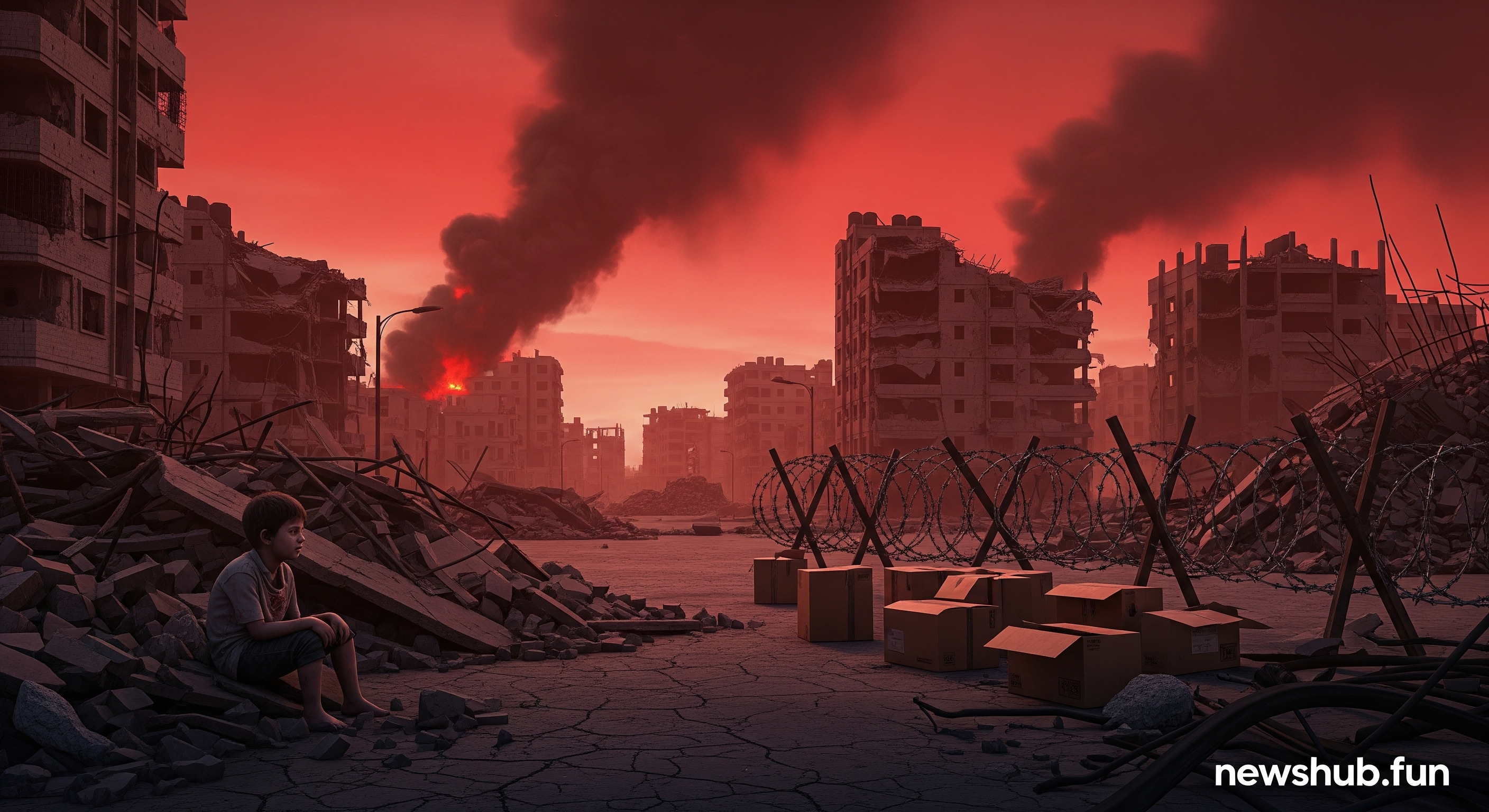Former U.S. President Donald Trump has recently taken a central role in efforts to resolve the protracted conflict between Russia and Ukraine. As tensions continue to escalate in 2025, Trump has engaged in high-profile meetings with both Russian President Vladimir Putin and Ukrainian President Volodymyr Zelenskyy, advocating for a diplomatic path grounded in territorial compromises and security guarantees.
Trump’s Dialogue with Putin and Zelenskyy
In a significant summit held in Alaska, Trump engaged in lengthy discussions with Vladimir Putin, signaling potential agreements on land transfers and security arrangements for Ukraine. Trump's messaging has emphasized pragmatic negotiations, urging Kyiv to consider compromises that would bring about a swift end to hostilities.
Following the Alaska talks, Trump scheduled a meeting at the White House with Zelenskyy and several European leaders to push for a peace deal. He has notably encouraged Zelenskyy to accept terms that exclude Crimea from Ukrainian control and to abandon aspirations for NATO membership, aligning with Kremlin demands.
Diplomatic Pressures on Ukraine
Trump has publicly stated that Zelenskyy holds the key to ending the war, asserting that an immediate cessation of hostilities is possible if Kyiv agrees to a deal. However, Zelenskyy remains firm on the need for strong security guarantees and territorial integrity, particularly emphasizing the strategic Ukrainian control over fortified cities in the Donetsk region.
The diplomatic friction revolves largely around whether Ukraine should relinquish parts of its territory to Russia in exchange for peace and whether such an agreement can be trusted to prevent further aggression.
Reactions from Global Leaders
European allies have issued mixed responses. Some praise Trump’s push for negotiations, viewing security guarantees as essential for lasting peace, while others remain steadfast in support of Ukraine’s sovereignty and NATO ambitions. German and British leaders have underscored the importance of continued sanctions against Russia if fighting persists.
Meanwhile, public and political debate intensifies, as critics question whether Trump’s approach potentially concedes too much to Moscow or rightly pursues an achievable peace.
The Path Forward
With the conflict exceeding over three years and resulting in massive casualties, economic disruption, and humanitarian crises, the upcoming talks represent a crucial juncture. The complex interplay of geopolitical interests, national sovereignty, and regional stability will shape the outcome.
For Ukraine, the decision to negotiate or continue resistance carries weighty consequences. For the broader world, the resolution—or escalation—of this conflict holds implications for international law, security alliances, and global order.
.jpg)

.jpg)

0 Comments
No comments yet. Be the first to share your thoughts!
Leave a Reply